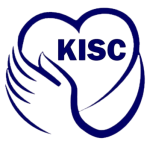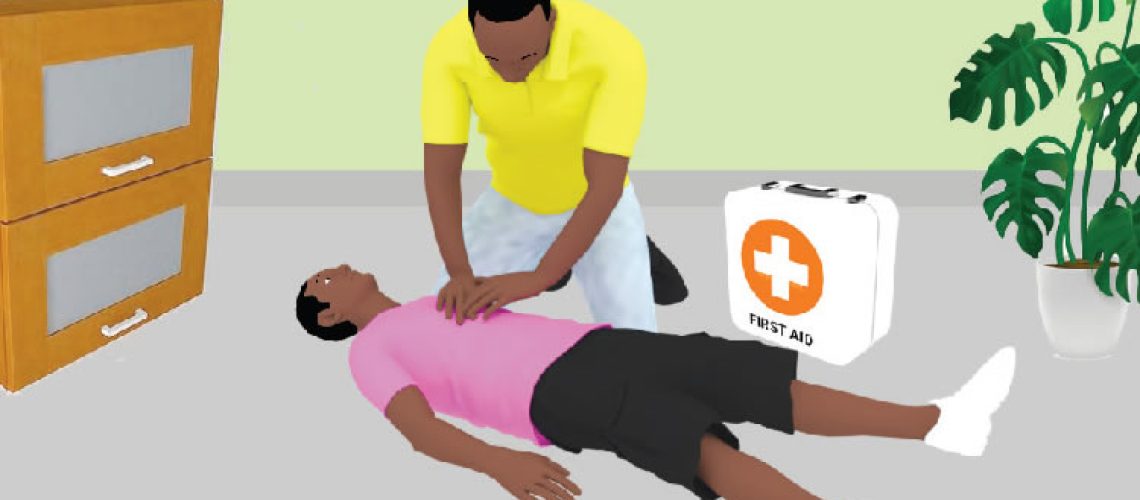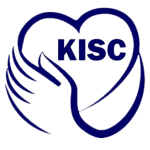Emergencies often happen without warning. Whether it’s a fall, burn, allergic reaction, or sudden illness, knowing how to provide basic first aid can make the difference between a full recovery and a serious outcome. First aid is not just for medical professionals—it’s a vital life skill everyone should have.
What is First Aid?
First aid is the immediate care given to a person suffering from an injury or illness before professional help arrives. It aims to:
- Preserve life
- Prevent the condition from worsening
- Promote recovery
Why First Aid Matters
- It provides critical care in the first few moments of an emergency.
- Helps reduce pain, bleeding, and risk of infection.
- Builds confidence to act quickly and calmly under pressure.
Basic First Aid Tips for Common Emergencies
1. Bleeding
- Apply firm pressure with a clean cloth.
- Elevate the injured area above heart level if possible.
- Do not remove embedded objects—secure around them and seek help.
2. Burns
- Cool the burn with running water for at least 10 minutes.
- Do not apply ice or ointments to severe burns.
- Cover loosely with a clean, non-stick dressing.
3. Cuts and Scrapes
- Clean the wound with clean water.
- Apply an antiseptic, then cover with a sterile bandage.
- Watch for signs of infection (swelling, redness, pus).
4. Choking
- Ask if the person can cough or speak.
- If not, perform the Heimlich maneuver (abdominal thrusts).
- For infants, give back blows and chest thrusts.
5. Electric Shock
- Do not touch the person if they are still in contact with electricity.
- Turn off the power source or use a non-conductive object to move them.
- Call emergency services immediately.
6. CPR (Cardiopulmonary Resuscitation)
- For unresponsive individuals with no breathing or pulse:
- Perform 30 chest compressions followed by 2 rescue breaths.
- Continue until emergency help arrives.
7. Bites and Stings
- For insect stings: Remove the stinger and apply a cold compress.
- For animal or snake bites: Keep the person calm, immobilize the area, and seek medical help immediately.
First Aid Kit Essentials
Always keep a well-stocked first aid kit at home, in your car, and at work. Include:
- Sterile gauze and bandages
- Antiseptic wipes and ointment
- Scissors and tweezers
- Pain relievers (e.g., paracetamol)
- Gloves and a face mask
- CPR face shield
- Thermometer and cold packs
Be Prepared, Stay Calm
First aid isn’t about being a hero—it’s about being prepared. In any emergency, your calm, informed response can save lives, prevent complications, and provide comfort until professional help arrives.


